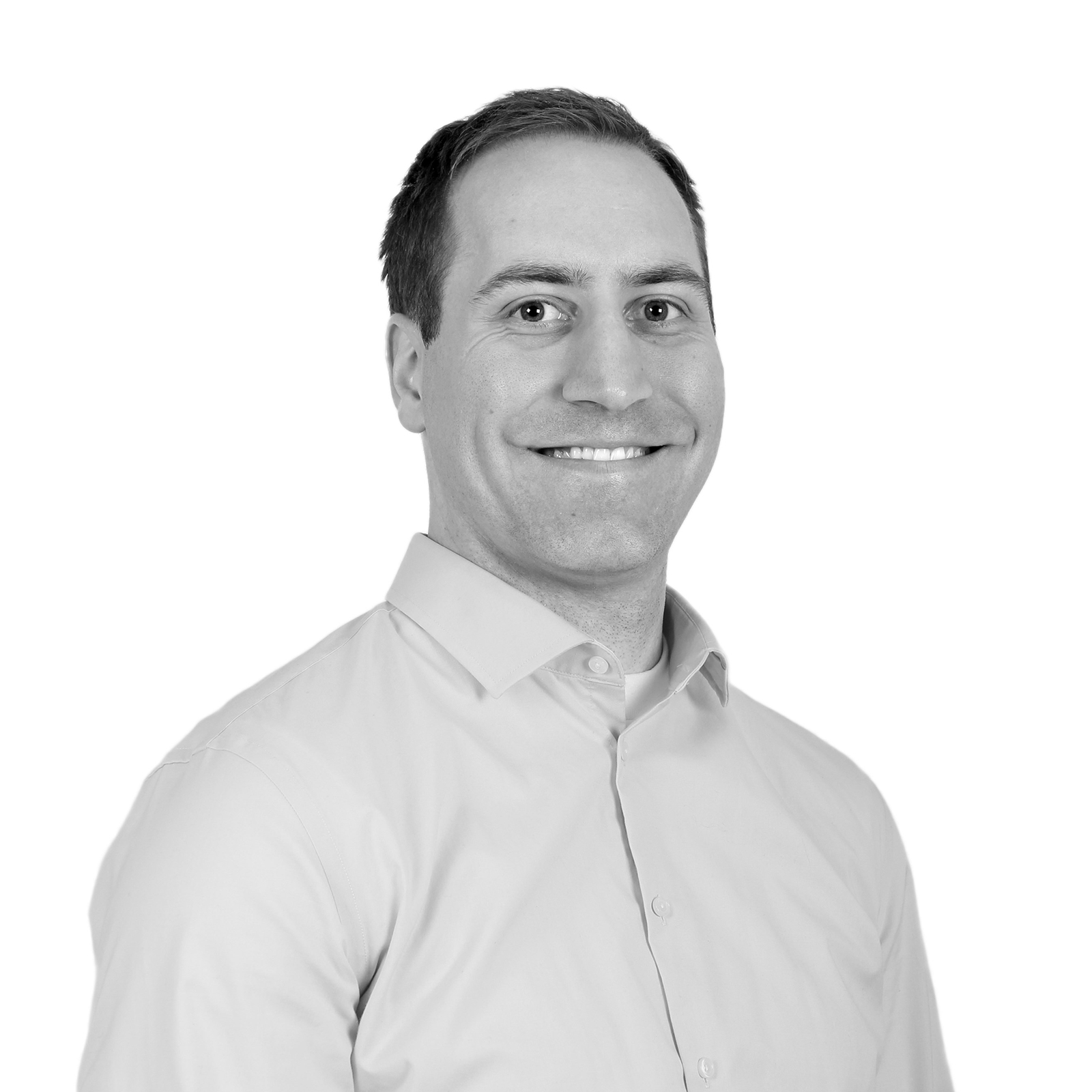Q&A: Nathan Arthur, BMgt, MPlan
February 26, 2019
February 26, 2019
Master of Planning talks about his career and advice for students studying planning
After graduating with a Master of Planning from the Faculty of Environmental Design at the University of Calgary, Nathan is now building his career as an urban planner with Stantec. Here’s what he has to say about his career, and his advice for students studying planning.
After working as a geographic information systems (GIS) analyst in the oil and gas industry, I was one of the many who hit the unemployment line during the economic downturn. With a management degree and unrelated work experience, I was faced with two options: look at what I currently have the skillset to do, or find out what I want to be doing. In my job search, a posting came up that seemed interesting, so I decided to look more into getting the necessary qualifications, which eventually led me to planning. I spoke with planners working in the industry, met with the Academic Programs coordinator several times, and attended the information night at the University of Calgary to find out more about the profession and the program. It all sounded like a good fit with my skillset, so I jumped right in by attending classes in open studies and officially joined the program in 2014. Getting let go from my previous job was the kickstart I needed to find what I really wanted to do—I committed to it fully, and I’m extremely glad I did.
The Faculty of Environmental Design hosted an industry night where different companies and city employees attended to talk to students. I talked to a Stantec employee about what life at Stantec is like, the projects they work on, and how your career can grow with the company. I kept in touch with him throughout my studies, and eventually an opportunity came up for me to apply. Growing up, I always envisioned working for a large company, and it was mentioned once or twice that I might be a good fit for Stantec while at EVDS. Stantec was always on my radar, and I’m very appreciative and happy to be here now.
It was rezoning a vacant piece of land owned by a city that was for sale to private development. I thought this project was going to be simple going in, but it turned into something we were not expecting. We didn’t realize how attached the adjacent residents were to this land, and they saw something very different than what we saw. It was a great learning experience giving me another perspective on what’s important to people in the communities we work in. This project stood out to me because it was one of the first times I had a hand in leading a project at Stantec, and I got to be hands on with the engagement side which is one of my favourite components of planning. What I learned most from this project is to keep an open mind and be ready to learn from other people that you don’t engage with on a regular basis.
Managing personal expectations. What I’ve learned from this challenge is that my idea of “where I should be” or how I want to be doing something doesn’t always go as planned. If I have a six-month target, but I’m not there in a year, it’s okay. I just need to keep taking the right steps to get where I want to go and not hold myself to an impossible standard.
I enjoy the engagement because I get to interact with people in the markets we work in and gain new perspectives. To be able to design communities for the people who live in them, you need to engage with them to understand what they like, want, don’t like or want, etc. I also like the general feeling I get when I’m doing this kind of work because it’s important—it doesn’t matter if it’s for a million people or five people; it matters. With that perspective, every day in planning feels worthwhile.
I look for a mentor who has the traits in areas that I would like to improve on. My mentor is Kent Snyder, general manager of planning with the City of Medicine Hat. Kent has helped me learn to be methodical, rational, and calculated to think thoroughly before making decisions. He has been a great mentor to learn from. The Associate Dean Bev Sandalack’s passion for planning and urban design was, and continues to be, a great inspiration to me as well.
Yes—it was important for people in the industry to come to me to give me a perspective and an idea of the work, so I believe it’s important to pay that forward. It can be nerve-racking beginning a career in planning, and it’s nice to have someone in the industry to share their experience during studies. That’s why I’m available to talk to anyone who reaches out and am happy to provide advice where I can.
Keep an open mind and be excited to learn. Every city, company, and project are different; you don’t really understand how little you know until you get thrown in. Give yourself a chance to settle in and figure out how things work. It might be overwhelming at first, but just run with it, and don’t be afraid to ask questions along the way. The more adaptable you are in the end, the better!

Nathan Arthur